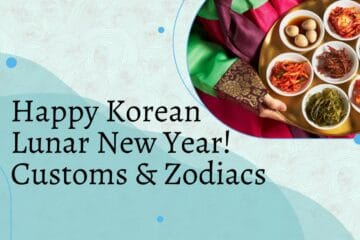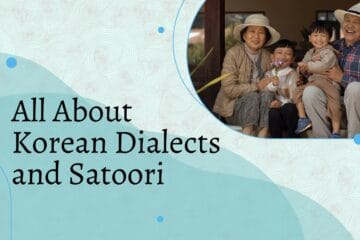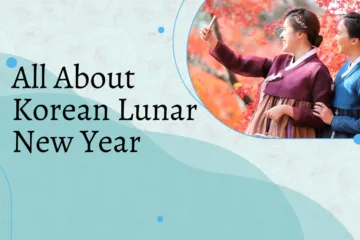Korean TV and Movies to Upgrade Your Korean & Cultural Knowledge!
Building off my post about children’s media for learning Korean, here are some of the top Korean TV and movies! I wanted to make a two-for-one combo with this. First, it’s nice to use Korean media to help hear how people speak, follow along repeating lines, and just for general enjoyment. But also to connect with Koreans and the culture!









